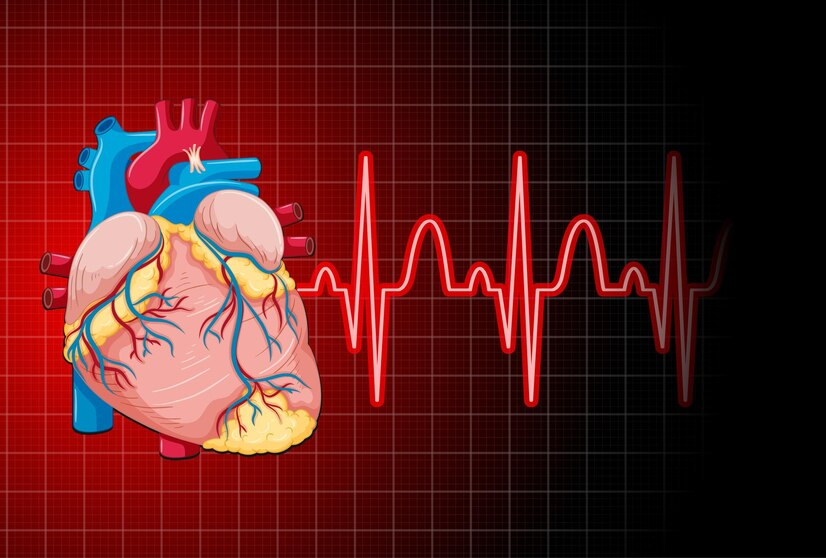Arrhythmias

Understanding Arrhythmias:
Arrhythmias are abnormalities in the rhythm of the heartbeat. They can manifest as irregular, too fast, or too slow heartbeats and may occur in the atria (upper chambers) or ventricles (lower chambers) of the heart. Arrhythmias can range from harmless to life-threatening and may be caused by various factors, including heart disease, electrolyte imbalances, or congenital abnormalities.
Diagnosis: Diagnosing an arrhythmia typically involves a combination of medical history review, physical examination, and diagnostic tests such as electrocardiography (ECG), Holter monitoring, event monitoring, or electrophysiological studies (EPS). These tests help identify the type, severity, and underlying cause of the arrhythmia.
Advanced Treatment Options: At our facility, we offer a range of advanced treatment options for arrhythmias, tailored to each patient’s specific needs:
Medication Management: Many arrhythmias can be effectively managed with medications that help regulate the heart’s rhythm and prevent complications such as stroke or heart failure. Our experienced cardiologists prescribe individualized medication regimens based on the type and severity of the arrhythmia.
Catheter Ablation: Catheter ablation is a minimally invasive procedure used to treat certain types of arrhythmias, such as atrial fibrillation or supraventricular tachycardia (SVT). During the procedure, a catheter is guided to the heart, and radiofrequency energy or cryotherapy is used to destroy the abnormal heart tissue responsible for the arrhythmia, restoring normal heart rhythm.
Implantable Devices: For patients with recurrent or high-risk arrhythmias, implantable devices such as pacemakers or implantable cardioverter-defibrillators (ICDs) may be recommended. These devices continuously monitor the heart’s rhythm and deliver electrical impulses or shocks to regulate abnormal heartbeats and prevent sudden cardiac arrest.
Surgical Interventions: In certain cases, surgical interventions such as maze procedures or atrial fibrillation surgery may be considered to treat complex arrhythmias or underlying structural heart disease. Our skilled cardiac surgeons perform these procedures using advanced surgical techniques to achieve optimal outcomes.
